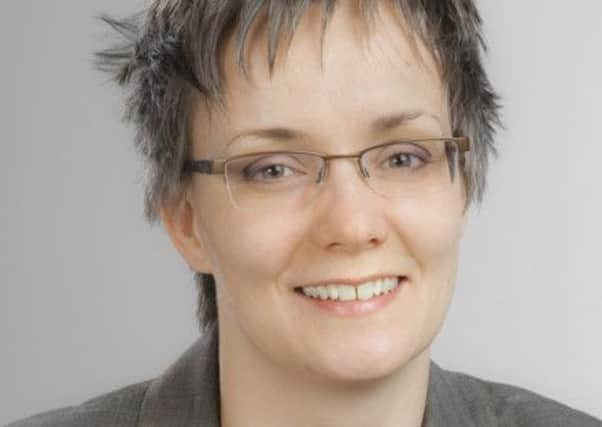Loneliness a ‘major public health challenge’ as a million older people suffering


And the number suffering is set to rise by 50 per cent by 2028, charities Age UK and the Campaign to End Loneliness, a partner in The Yorkshire Post’s Loneliness: The Hidden Epidemic campaign, have warned.
Despite growing recognition of the need to take action, the report highlights that there is a knowledge gap among funders and commissioners within local authorities about what really works in addressing loneliness.
Advertisement
Hide AdAdvertisement
Hide AdAge UK director Caroline Abrahams said loneliness left millions “facing the ups and downs of later life largely alone.”
“As the numbers of older people in our society increase, the problem is set to get even worse – unless we do more to help older people to avoid and overcome it,” she said.
“Mounting evidence shows loneliness has a serious impact on our mental and physical health – which in turn can lead to greater reliance on health and social care services – making it an issue we can ill-afford to ignore.”
In addition to ‘chronic loneliness’ – people who say they are always or often lonely – Age UK found one in four people aged 65 and over feel they have no one to go to for help and support. Having friends and family nearby is also more important to older people than younger generations.
Advertisement
Hide AdAdvertisement
Hide AdThe report, called Promising Approaches to Reducing Loneliness and Isolation in Later Life, uses examples of support services to develop a framework for local authorities and commissioners to use in understanding how to tackle the problem, which Ms Abrahams said “makes life miserable for too many older people.”
These include Leeds Seniors Network, which supports older people to have an active social life, Rotherham Social Prescribing Scheme, which saw lonely people offered non-clinical support such as day trips and meals out, and Leeds Neighbourhood Networks, which have provided a “lifeline” to hundreds of elderly people suffering from social isolation.
The Touchstones project, which ran in Craven, Harrogate and Wakefield until March last year, was also applauded for its work helping bereaved older people in rural and small urban communities.
Varied solutions are needed for an effective response to a very personal problem, the report said, including technology and access to transport, which are vital to keep older people socially connected and bring communities together.
Advertisement
Hide AdAdvertisement
Hide AdYet worryingly, Age UK said older people in rural areas are finding it increasingly difficult to access public transport due to cuts to bus services and are unable to afford taxis. In addition, while progress has been made helping older people online, almost 5 million people aged 65 plus had never used the Internet in 2014.
Laura Alcock-Ferguson, Director of the Campaign to End Loneliness, said: “Although facing tough budget choices, local authorities want to know what can be done to tackle loneliness.
“We are offering this framework to those 51 per cent who have promised to tackle this issue in their health and wellbeing board strategies – with this they can put into place a comprehensive network of community services to prevent and alleviate isolation and loneliness”.
The Yorkshire Post is campaign for all local authorities in the region to make tackling loneliness a priority in the health and wellbeing strategies. Visit www.yorkshirepost.co.uk/loneliness.